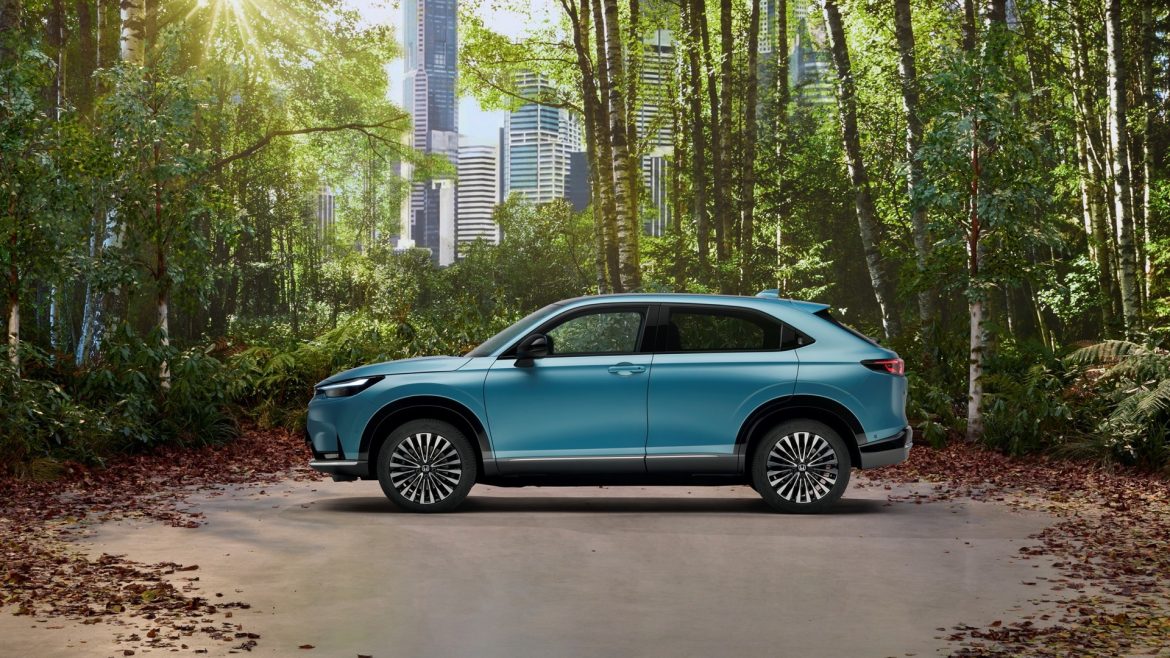In a remarkable display of innovation, Renault has stepped forward to aid an island community in their quest to break free from the clutches of fossil fuels. This groundbreaking initiative employs vehicle-to-grid technology, allowing electric vehicles to not only consume energy but also contribute it back into the grid when needed. With this transformative solution, the island can reduce its dependence on traditional power sources and embrace a sustainable future.
A Revolutionary Approach Towards Energy Independence
This pioneering endeavor by Renault signifies a significant leap towards achieving energy independence for remote communities. By harnessing the potential of vehicle-to-grid technology, these electric vehicles become more than just modes of transportation; they transform into mobile power stations that can supply electricity during peak demand periods or emergencies. This innovative approach ensures that even small islands with limited resources can actively participate in reducing carbon emissions and combatting climate change.
Empowering Local Communities through Sustainable Solutions
The introduction of vehicle-to-grid technology not only benefits the environment but also empowers local communities economically. By enabling residents to sell excess energy generated by their electric vehicles back to the grid, individuals have newfound opportunities for income generation. This inclusive approach fosters self-sufficiency and encourages active participation in renewable energy initiatives within these communities.
A Promising Future for Renewable Energy Adoption
Renault’s commitment to assisting this island community showcases how cutting-edge technologies can pave the way for widespread adoption of renewable energy solutions worldwide. The success achieved here serves as inspiration for other regions facing similar challenges—remote areas burdened by high costs associated with importing fossil fuels now have a viable alternative at their disposal.
Embracing Sustainability: A Collective Responsibility
In conclusion, Renault’s collaboration with this island community exemplifies the power of innovation and collective responsibility in addressing our planet’s pressing environmental concerns. By embracing vehicle-to-grid technology, we can create a more sustainable future for generations to come. It is through such transformative initiatives that we can collectively work towards reducing carbon emissions and building resilient communities.


